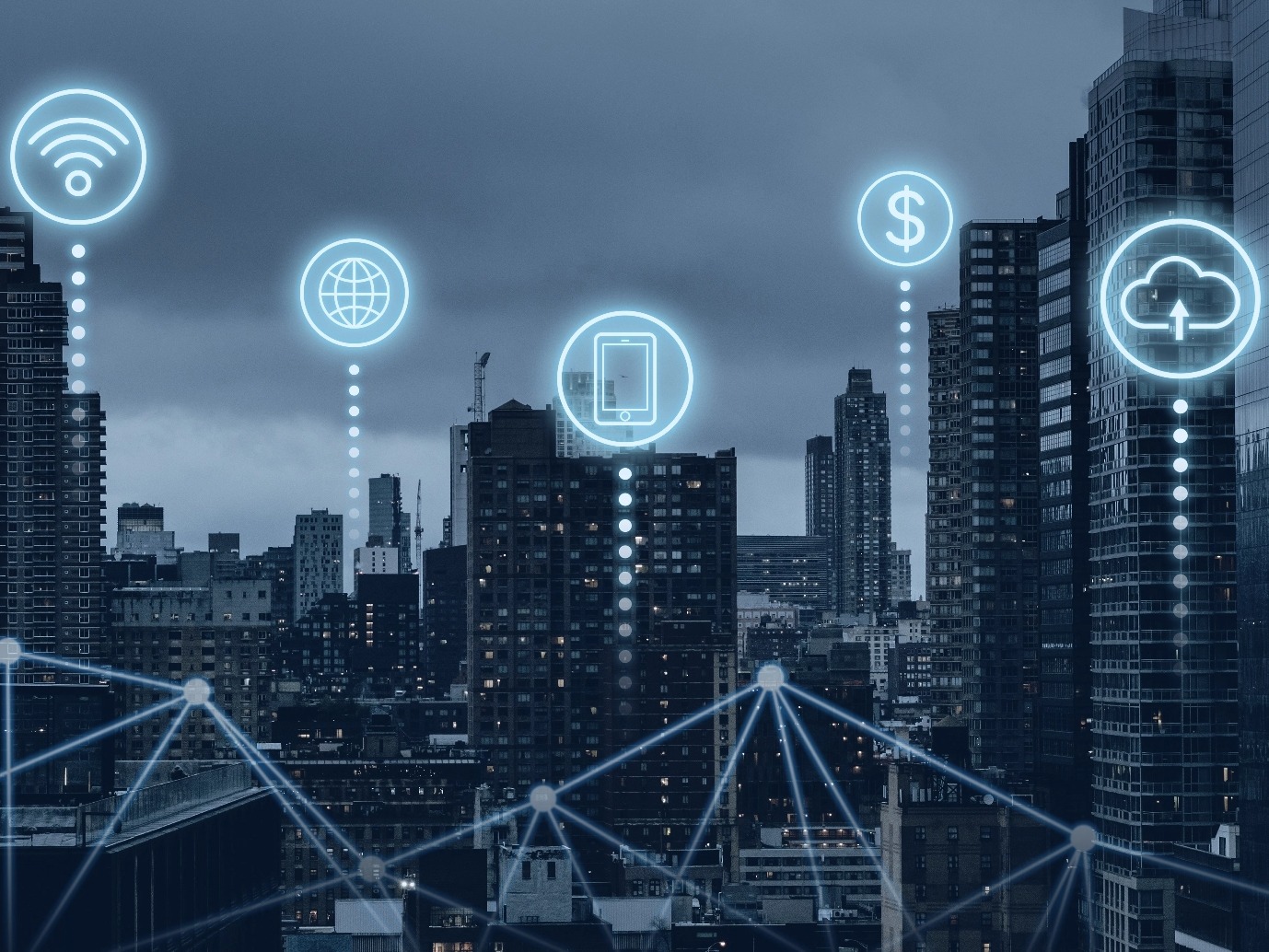We are living today in a world that is completely surrounded by technology. The waves of digitization that came to our doorsteps a few decades ago have now become an enormous ocean, and it has consumed us all. Our dependance on technology has become such that even for the simplest of calculations, an average person will prefer to reach for a calculator rather than relying on their mental skills. It was hence a marvel that complex and voluminous data pertaining to commercial interactions was priorly recorded through human efforts. This is where the concept of Blockchain technology emerged.
Breaking down the ‘blocks’ of Blockchain:
In simple terms, Blockchain technology offers a fully digitized, shared, and tamper- proof ledger of all transactions pertaining to one’s assets. The technology is not partial to any type of asset, and can be used for everything; whether it is tangible such as machinery, or intangible such as a trademark. The name comes from the unique mechanism with which this technology works.
The process begins when transactions pertaining to the flow of an asset (occurring through a purchase or sale) are recorded and stored as a ‘block’ of data. If this asset then changes hands, or any more transactions relating to it are carried out, a new data block is recorded which firmly connects with the previous one. In this way, an unshakeable chain of data blocks is formed which presents a clear and real picture of the entire history of transactions for a particular asset. This system is full-proof, since there is no human interference occurring at any stage which might lead to incorrect data being stored, or of data being altered.
The system is so simple yet effective, that Blockchain has managed to penetrate and impact almost all fields where commercial transactions are involved. Be it the purchase of priceless art, or even healthcare infrastructure; blockchain has earned a distinct place for itself in all sectors.
Blockchain in Real Estate:

The real estate industry is no different from other commercially- driven sectors which have been revolutionized by Blockchain. The new technology has not only made real estate transactions simpler, but it has fixed several problems that were encountered with the traditional methods. Firstly, the lengthy time period for completion of a real estate transaction is greatly reduced due to technologically-driven efficiency, and automation of the process. Secondly, it provides concrete evidence of ownership of assets since all the data is stored digitally in an iron-clad manner.
The third, and highly significant change that has been brought about is the tokenization of assets. As the name suggests, tokenization is the means by which real estate is converted into virtual tokens. Tokenization is backed by Blockchain technology, and hence the purchase of virtual real estate tokens has been made secure and speedy.
Changes in Real Estate industry due to Blockchain:

There are many positive implications of using Blockchain technology for the real estate industry. While some of them have briefly mentioned above, there are several more ways in this technology is changing and evolving the industry:
- Transformation of the Marketplace: Contrasting to the traditional real estate market which was dominated by connecting buyers and sellers and organizing listings, blockchain has greatly expanded the boundaries of markets and platforms. It has allowed listings to be converted from a physical to a digital medium, and has hence simplified the property-search process. Transactions have also been made easier, since they can be executed easily through a technological platform.
- Decentralization of platforms: Blockchain is operated via a decentralized network, which is comprised of computer devices that seamlessly interact with one another. This is an extremely crucial aspect since it eliminates chances of data manipulation. In a centralized network, there is a single point of contact for all data storage, which exposes the data to risks of system failure, leaks and tampering. All these problems are avoided with decentralization.
- Elimination of Intermediaries with Smart Contracts: Real estate transactions using Blockchain completely eliminates the role of middle men, such as brokers and lawyers, who were initially a necessary evil of the system. Inordinate delays in their work, heavy commissions charged etc. are no longer a concern since everything is managed by the system using Smart Contracts. This essentially means that the technology completely handles the execution of all contracts and transactions, without the need for any external authority or system.
- Enhancing liquidity: Real estate has always been regarded as an important, yet highly illiquid asset. Liquidity is gauged by the efficiency with which an asset can be converted into fair-price cash. While this was not the case earlier, real estate can now be easily traded and converted due to the tokenization of real estate and the mechanism of Blockchain.
- Fractional ownership: Another significant change that has been brought about by Blockchain technology is the permissibility of fractional ownership of real estate. Due to tokenization, smaller stakeholders can easily purchase real estate as per their desired investment budget. Furthermore, since the transactions occur in a digital medium, it is equipped to handle the volumes of small investors that enter the market as fractional owners. It has hence enlarged the scope of the real estate market.
- Reduction of costs: Blockchain has not only made real estate transactions simpler, but has also made them more cost efficient. It automates and digitizes several functions, which in turn reduce the cumbersome fees, commissions, charges etc. that had to be previously incurred. It also provides complete transparency for every aspect of the transactions, leaving no margin for foul play.

The Future of Real Estate:
It is evident from the above discussion that technology has become an inseparable part of real estate. For the stakeholders of the industry, it is a necessity rather than a luxury to digitize their operations. Sell.Do is one of the best integrated real-estate CRM platforms, that offers end-to-end services for all real estate needs. The framework covers all processes beginning from lead generation and nurturing, extending towards the execution of sales, and ending with post-sales support. With Sell. Do, a stakeholder will no longer need to manually manage their operations, since the high-quality software and automation will efficiently and efficiently conduct the entire process.








Leave a comment
Comments (0)
Be the first one to comment.